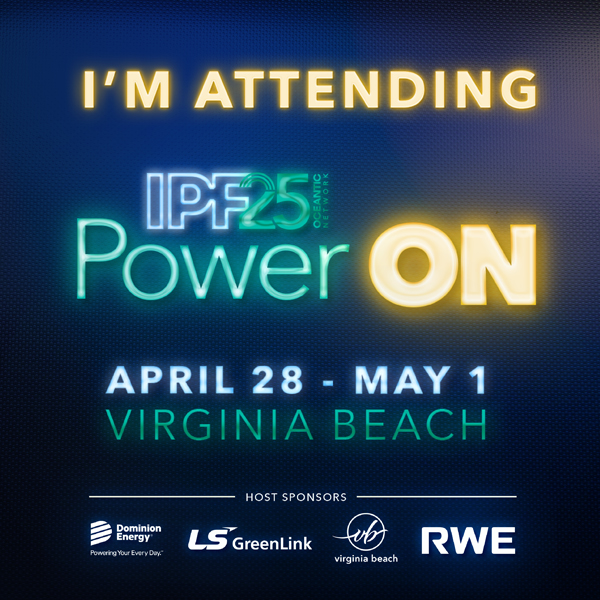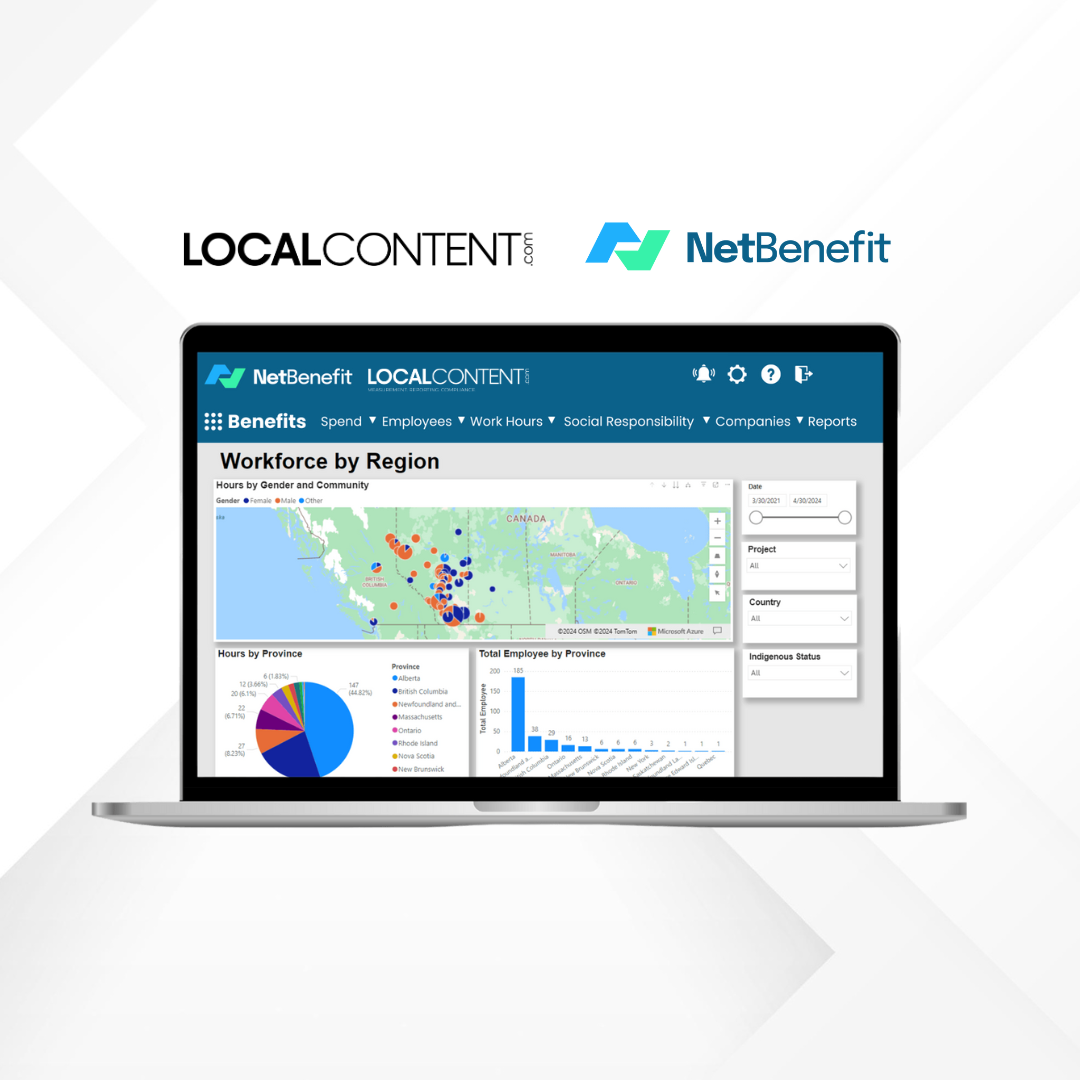The Department of Energy (DOE) requires Community Benefits Plans as part of all BIL and IRA funding opportunity announcements (FOAs) and loan applications.
Community Benefits Plans are based on a set of four core policy priorities: investing in America’s workforce; engaging communities and labor; advancing diversity, equity, inclusion, and accessibility; and implementing Justice 40. These key principles, when incorporated comprehensively into project proposals and applications and executed upon, will help ensure broadly shared prosperity in the clean energy transition.
Community Benefits Plan are intentionally flexible to generate the best approaches from applicants and their partners. Plans must be specific, actionable, and measurable. In most cases for grants, these plans are scored at 20 percent of the technical merit review of proposals. This 20 percent is split equally into four intersecting sections that work together to ensure project success, the efficient and effective use of taxpayer funds, timely implementation of projects, and the acceleration of private sector uptake in projects funded by BIL and IRA. Specific asks for Community Benefits Plans may vary due to the range of project types. For example, large place-based demonstration and deployment projects will require the most robust plans.
When an applicant is selected, their Community Benefits Plan will be part of the contractual obligation of the funding recipient. A summary of the Community Benefits Plan will be publicly posted on DOE’s website for transparency and accountability. The standard Community Benefits Plan template to accompany funding opportunity announcements (FOAs) can be downloaded here.











